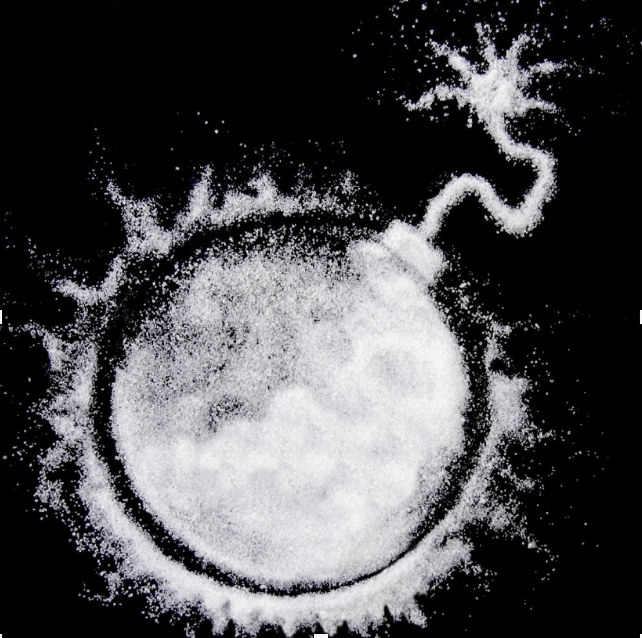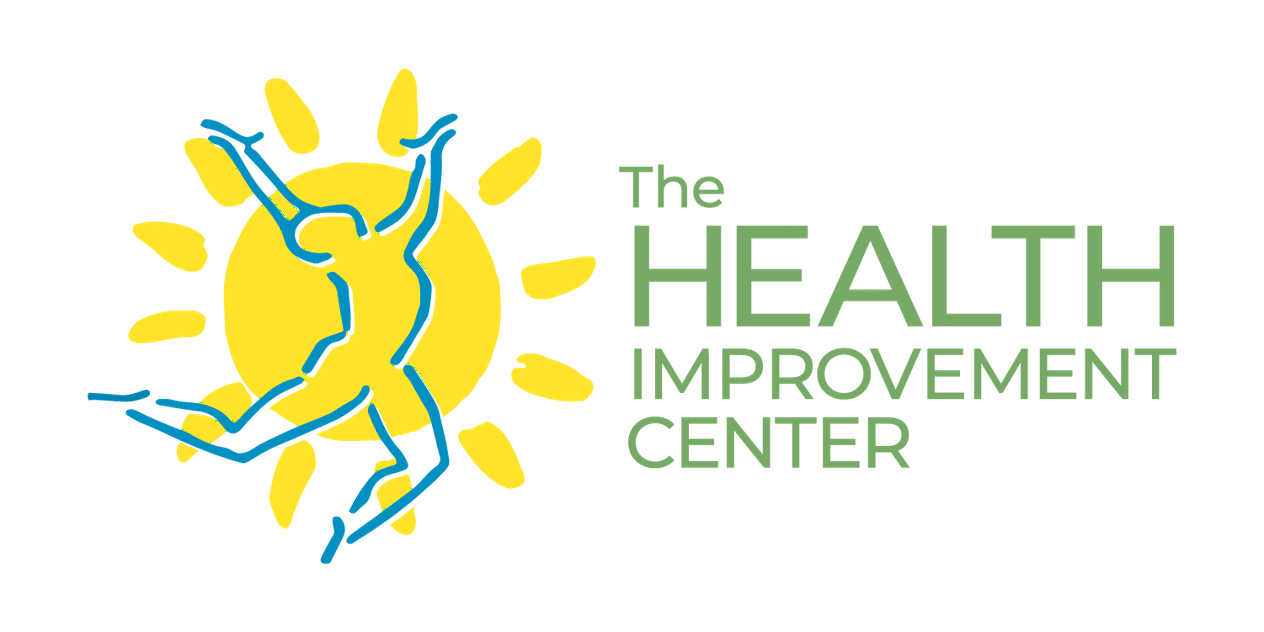
Welcome to The Health Improvement Center blog! Today, we’re addressing a critical topic that impacts our health in numerous ways: sugar. While sweet treats can be tempting, the negative effects of sugar on our immune system and overall health are substantial. In this blog, we’ll explore why it’s essential to eliminate sugar from our diet, how it affects our immune function, and the hidden sugars in everyday foods.
The Impact of Sugar on Your Immune Function
Consuming sugar can have immediate and detrimental effects on your immune system. Research has shown that sugar can reduce the efficiency of your immune system by up to 40% for 4-6 hours after consumption. Here’s how it happens:
-
Weakened White Blood Cells:
- Sugar consumption impairs the ability of white blood cells to fight off infections effectively. These cells are essential for identifying and attacking harmful pathogens in the body.
-
Increased Inflammation:
- High sugar intake promotes inflammation, which can weaken the immune response and make the body more susceptible to illnesses and infections.
-
Nutrient Depletion:
- Sugar can interfere with the absorption of essential nutrients, such as vitamin C and B, which is crucial for maintaining a robust immune system.
Given these effects, it’s clear that reducing sugar intake is vital for supporting immune health and overall well-being.
Common Sources of Sugar to Avoid
To effectively reduce sugar in your diet, it’s important to recognize its common sources. While candies, cakes, cookies, ice cream, and soda pop are obvious culprits, sugar hides in many other foods as well:
-
Breads:
- Many commercial breads contain added sugars to enhance flavor and texture. Check ingredient labels and opt for whole grain varieties or simply eliminate it.
-
Pasta:
- While pasta itself isn’t high in sugar, it can quickly convert to sugar in the body due to its high carbohydrate content. Choose whole grain or vegetable-based pasta for a healthier option. Or just eliminate it.
-
Rice:
- Similar to pasta, white rice is quickly metabolized into sugar. Brown rice or other whole grains like quinoa are better alternatives.
-
Crackers:
- Many crackers contain added sugars and refined carbohydrates. Look for whole grain options with minimal added sugars. And again, just eliminate it.
Hidden Sugars in Everyday Foods
It’s not just desserts and snacks that are loaded with sugar. Many seemingly healthy foods and beverages contain hidden sugars:
-
Yogurt:
- Flavored yogurts often have high sugar content. Opt for full fat plain yogurt and add fresh fruit low on the glycemic index for natural sweetness.
-
Granola Bars:
- Many granola bars are marketed as healthy snacks but can contain as much sugar as a candy bar. Again eliminate granola bars completely from your diet.
-
Salad Dressings:
- Bottled salad dressings can be surprisingly high in sugar. Make your own dressings at home using olive oil, vinegar, and herbs.
-
Sauces and Condiments:
- Ketchup, barbecue sauce, and even some pasta sauces can be high in added sugars. Check labels and look for low sugar option or make your own.
Tips for Reducing Sugar in Your Diet
Eliminating sugar from your diet may seem challenging, but it’s achievable with mindful choices and planning. Here are some tips to help you reduce your sugar intake:
-
Read Labels:
- Always check food labels for added sugars. Look for ingredients like high fructose corn syrup, cane sugar, and agave nectar. Look at the ingredient label and if sugar is the first on label put it down and look for something else.
-
Choose Whole Foods:
- Focus on whole, unprocessed foods like low glycemic fruits, vegetables and proteins. These foods are naturally low in sugar and high in nutrients.
-
Prepare Meals at Home:
- Cooking at home allows you to control the ingredients and avoid hidden sugars found in restaurant and packaged foods.
-
Stay Hydrated:
- Drink plenty of water throughout the day. Sometimes thirst is mistaken for hunger, leading to unnecessary snacking on sugary foods.
-
Use Natural Sweeteners:
- If you need to sweeten your food, opt for natural sweeteners like monk fruit or small amounts of honey or maple syrup.
Reducing sugar intake is one of the most impactful steps you can take to improve your health and strengthen your immune system. By understanding the sources of sugar and making conscious choices to eliminate it from your diet, you can support your body’s natural defenses and overall well-being.
At The Health Improvement Center, we are committed to helping you achieve optimal health through informed dietary choices and natural health care solutions. If you have any questions or need personalized nutrition advice, feel free to reach out to us.
Stay Healthy and Thrive,
Dr. Katie Thompson, DC, MSTN
Phone
Address
10006 Carrington Pl, Manassas, VA 20109
Hours
Monday 9am to 1pm
Wednesday 9am to 2pm and 4pm to 7pm
Friday 9am to 2pm and 4pm to 7pm
Saturday 9am to 1pm
Disclaimer – Privacy Policy – Terms and Conditions|©Copyright 2023. All Rights Reserved.
